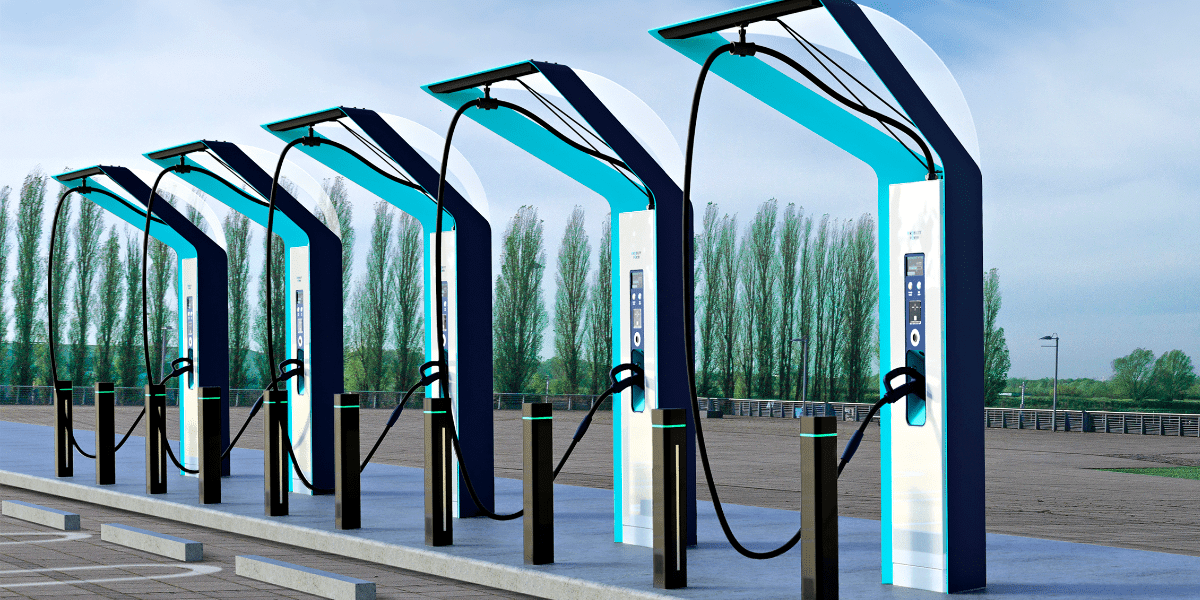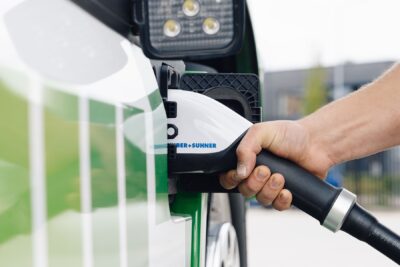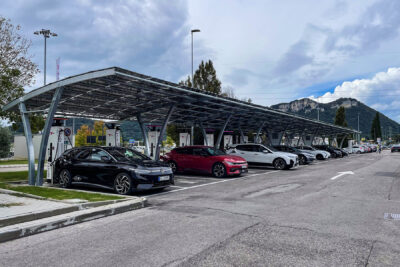Japan loosens safety regulations to speed up HPC installation
The Japanese government is planning to relax the safety regulations for fast charging stations with more than 200 kW power in order to make their installation less cost-intensive. In the process, HPCs are to be put on an equal footing with DC charging stations with 50 to 200 kW.
Japan’s Fire and Disaster Management Agency, which oversees electric vehicle charging regulations, plans to amend the relevant regulations by the end of 2023, according to a report by Nikkei. The deregulation is intended to put charging stations with a rated power of 200 kW or more, which are currently subject to special safety regulations, on an equal footing with fast chargers with 50 to 200 kW in order to promote their expansion.
In the current regulation, charging stations with more than 200 kW power are treated like electrical substations. This means that 200 kW charging stations installed indoors (such as car parks or underground garages) must be located in areas separated by ceilings and walls made of non-combustible material. Depending on the equipment, only certain persons may operate such charging stations. These strict requirements do not apply to charging stations with a power of between 50 and 200 kW; here, only safety measures (such as insulation) and minimum distances from buildings must be observed.
Nikkei puts the current cost of installing a charging point with more than 200 kW at “tens of millions of yen”. Ten million yen currently corresponds to 72,220 euros. Operating such a charging point would cost “millions of yen every year”. However, the report does not say how much the costs would fall under the proposed new regulation.
However, the energy industry is optimistic that the new regulation will have a positive effect. “If installation and operation costs decrease, it will be easier for [fast-charging stations] to spread,” a representative of e-Mobility Power, a unit of Tokyo Electric Power Company (Tepco) told Nikkei.
By 2030, there should be 150,000 charging stations nationwide in Japan, including 30,000 fast chargers. With a new registration share of only two percent in November 2022, Japan is lagging behind in the market ramp-up of electric cars in a global comparison – despite some subsidies. The lack of public charging stations is partly cited for consumer reluctance. According to the International Energy Agency (IEA), there were about 29,000 public charging stations across Japan in 2021. In South Korea (with a smaller total population), there were 107,000 charging stations.




